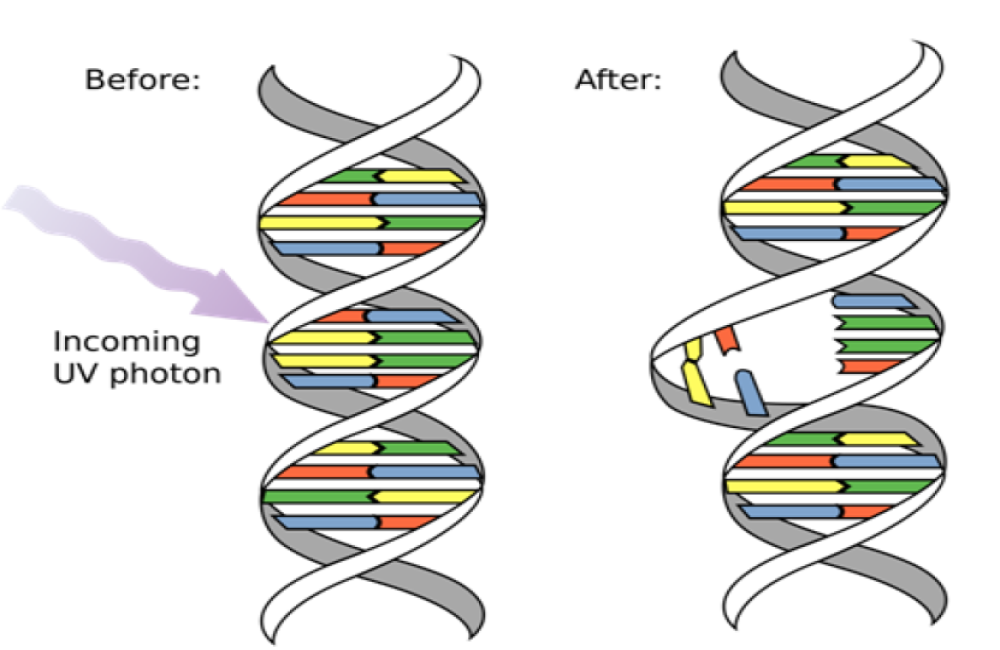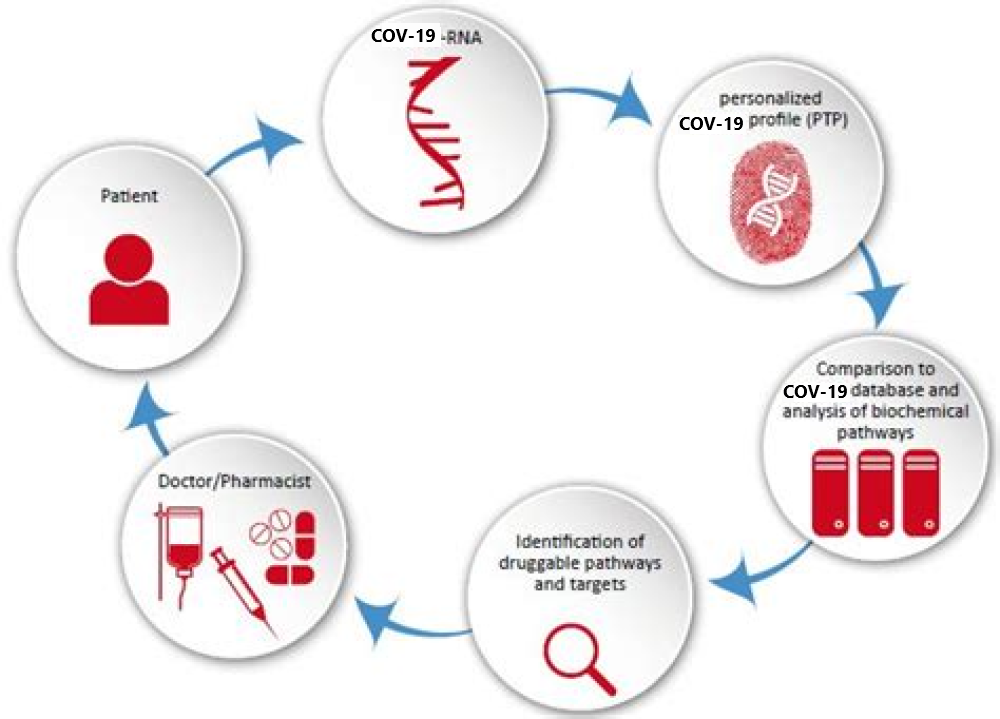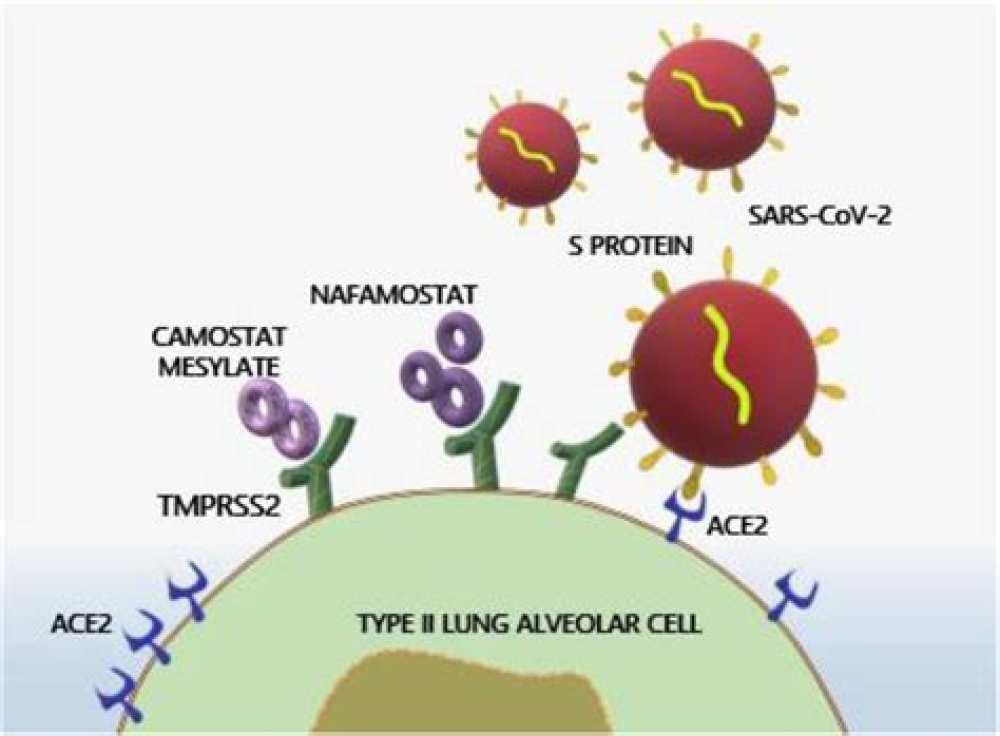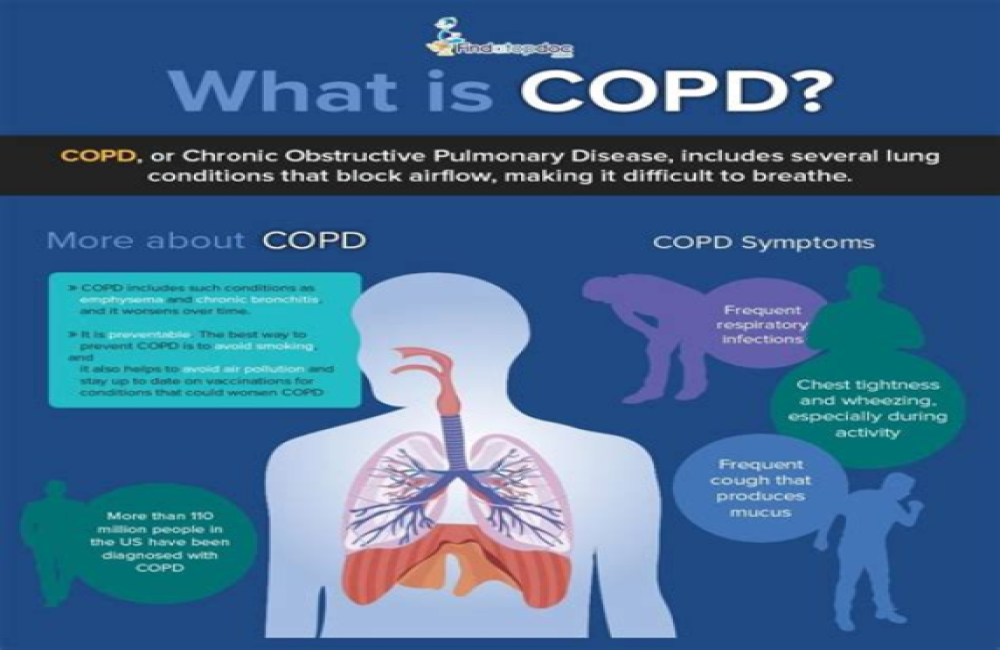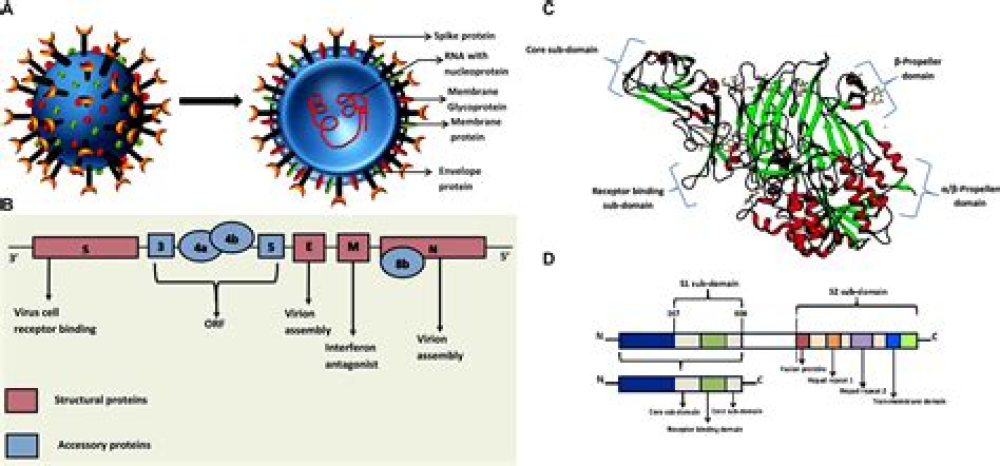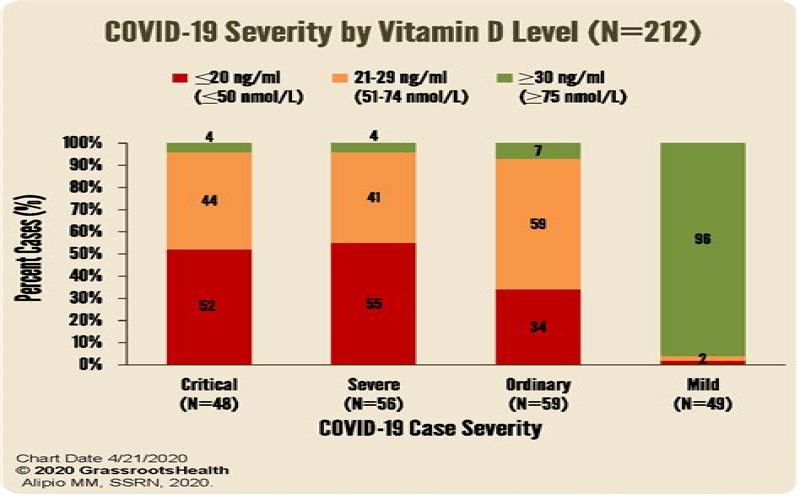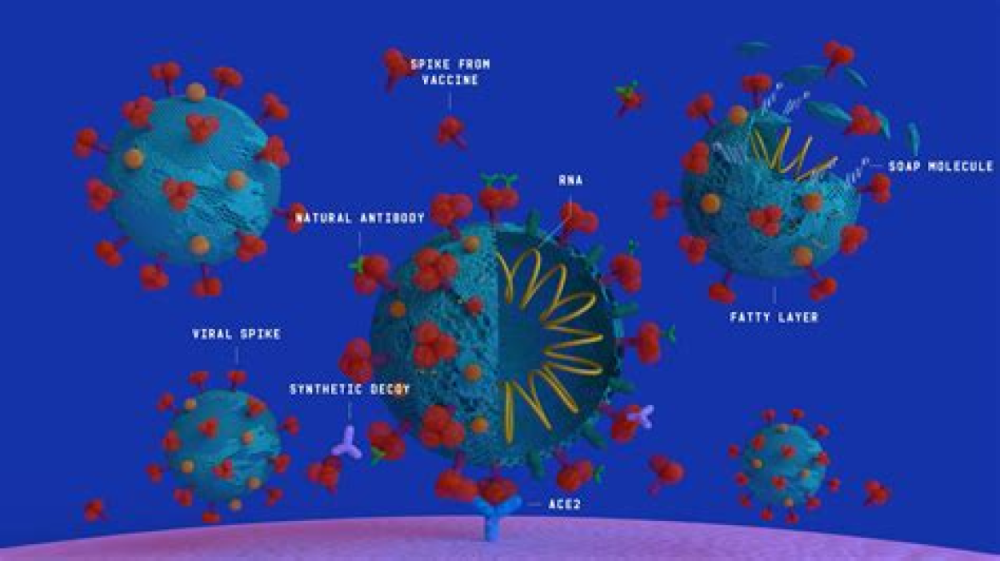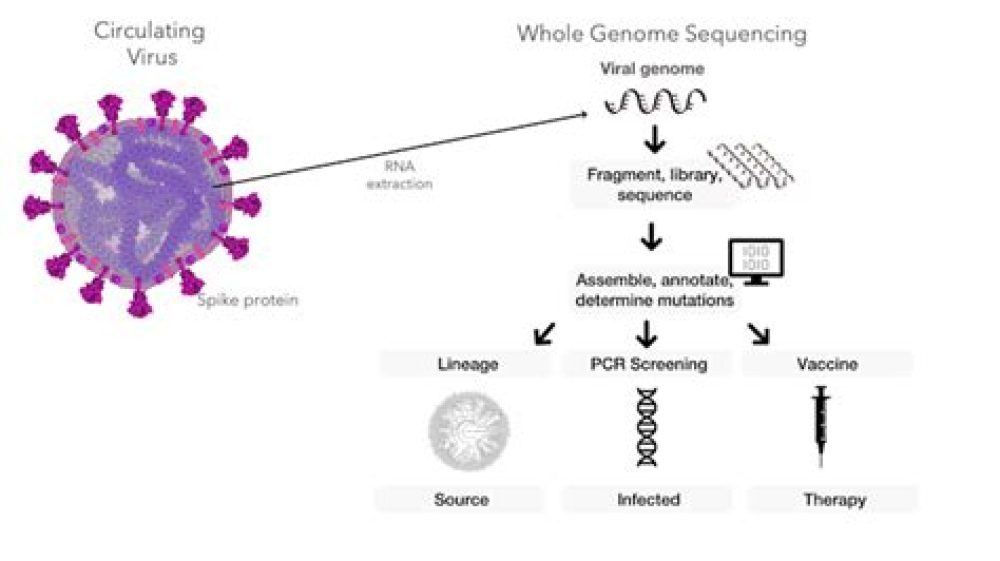Endothelial dysfunction in COVID-19: Current findings and therapeutic implications
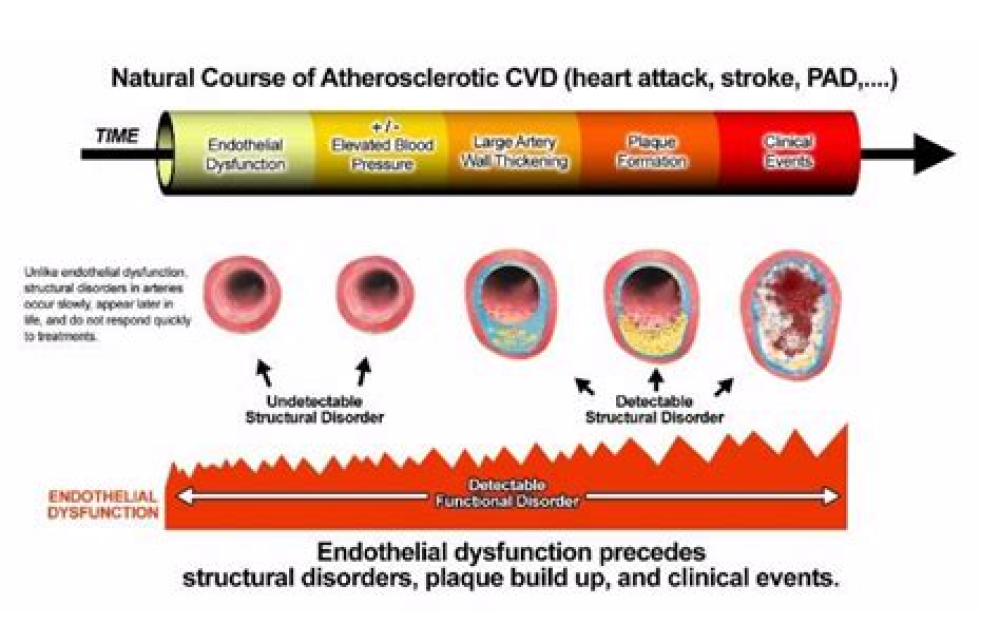
Authors: Matthias P Nägele 1, Bernhard Haubner 1, Felix C Tanner 1, Frank Ruschitzka 1, Andreas J Flammer 2 Coronavirus disease 2019 (COVID-19) increases the risk of several non-pulmonary complications such as acute myocardial injury, renal failure or thromboembolic events. A possible unifying explanation for these phenomena may be the presence of profound endothelial dysfunction and injury. This review provides an overview on the […]
